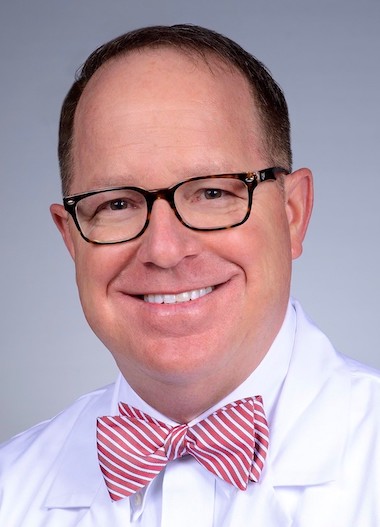Dear ADA: I’m being paid as a network provider, but I never signed an agreement with that plan. What happened?

Dental insurance issues are often rated as one of dentists’ chief challenges.
In response to an ADA Health Policy Institute poll in late 2024, more than half of dentists reported that one of their top concerns looking ahead to 2025 was related to insurance, including low insurance reimbursement rates, denied or delayed payments, and issues related to Medicaid and Medicare.
This new ADA News series aims to address some of those challenges. “Dear ADA” will feature answers to common insurance-related questions the American Dental Association receives from members to help provide clarity and direct members to additional resources.
The answer to this month’s question is provided by Mark A. Moats, D.M.D., 2024-25 chair of the ADA Council on Dental Benefit Programs.
Dear ADA: I just received an explanation of benefits statement that indicated I was being paid as a network provider, but I do not remember signing an agreement with that dental plan. What just happened?
Dr. Moats: It sounds like you have a provider agreement with an insurance carrier that allows them to lease their provider network to other dental plans’ participating networks. If you signed an agreement with a clause that includes an affiliated carrier, you may become a participating provider in the affiliated plan. Example: You sign with Network A, Network A leases to Network B, and suddenly, you’re “in network” with Network B, even though you never signed with them. This clause grants an insurance company, or an affiliated carrier, the right to access the discounted rates and other terms that a dentist has agreed to under their primary contract with another insurance company. Patients of the leased plan may then access the discounted rate offered by the dentist under the agreement, even though the patient is not a member of the original insurance plan to which the provider agreement relates.
It is important to understand leased networks and how they may impact your office. Claims may pay at your discounted fee schedule, even from plans you never explicitly agreed to join; patients may show up with insurance cards from unfamiliar companies, but you’re listed as “in network” because of leasing; contracts may not clearly state whom your fees are leased to, making it hard to track; and staff may struggle to verify benefits, leading to claim delays or unexpected adjustments.
Currently, there are 30 states that have passed legislation regarding the leasing of third-party payer contracts. Several of these laws allow the dentist to opt out of participation in the leased plan while other laws may require that the dentist receive notice of the leased arrangement 30 days in advance. If your state has not passed PPO leasing legislation, you may wish to contact your state dental association with a recommendation to consider this type of bill. The ADA is working through tripartite advocacy to protect dentists from being assigned to different insurance networks without knowledge or consent and to provide resources to support states in dental insurance reform efforts.
If you do not wish to participate in the leased plan, it is recommended that you contact the plan with which you signed an agreement and ask if you can opt out of participating in the leased plan. Dentists also may want to ask for a list of all payers who can use their fee schedule and watch for leasing clauses when negotiating new contracts. Additionally, if you receive an explanation of benefits indicating you are in network with a leased plan and you did not receive advance notice, it is recommended that you call the plan to determine why prior notification was not provided.
If you have concerns or questions about a PPO lease, contact the ADA’s Third Party Payer Concierge at 1-800-621-8099 or dentalbenefits@ada.org. Resources related to dental insurance, including a guide to PPO leasing, are available at ADA.org/dentalinsurance.



